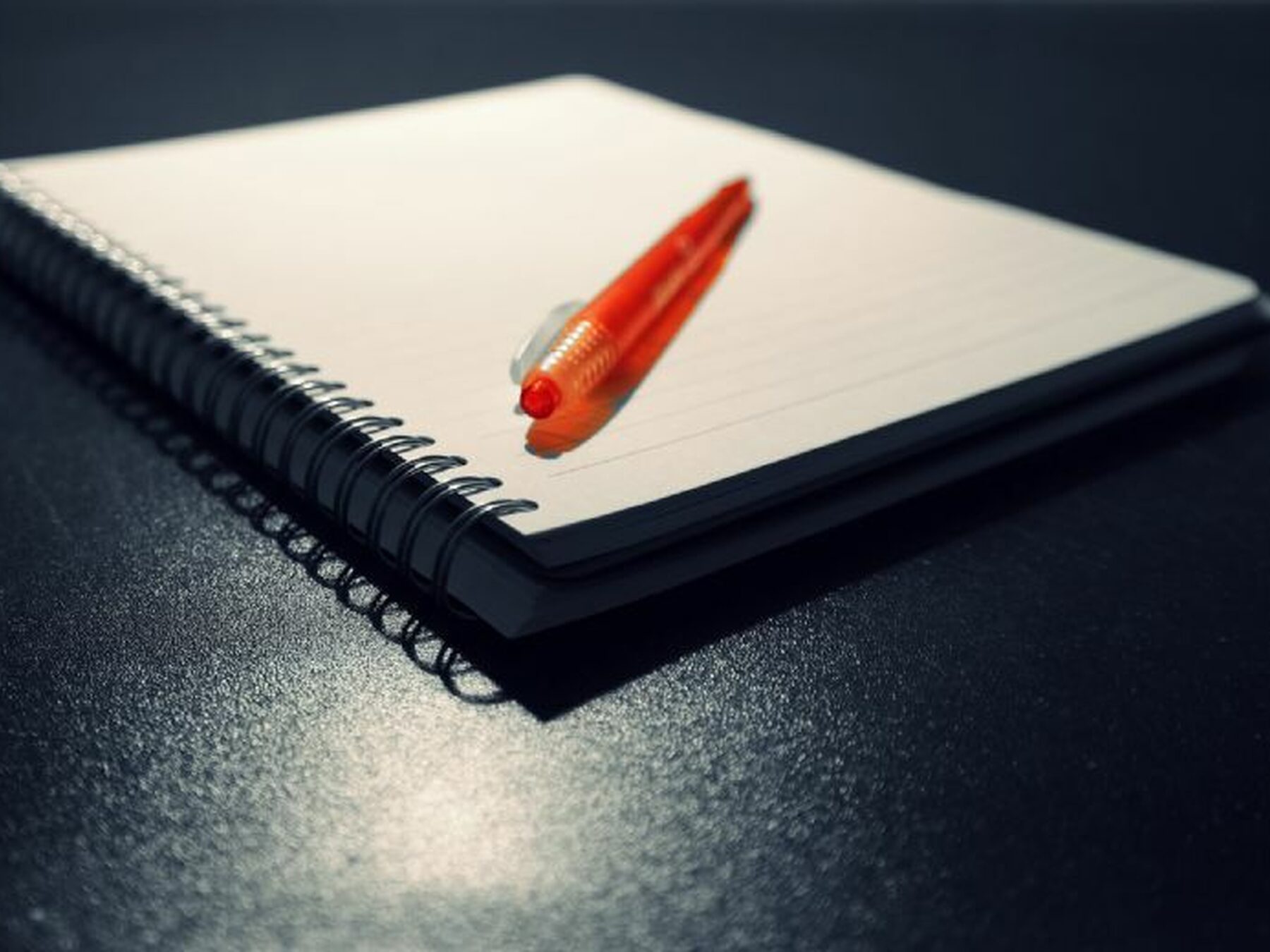Friday 15th December 2017
GCSE Revision Guide

Don’t panic! Eight ways to improve your GCSE revision (even if you’ve left it a bit late)So your GCSEs have started – how did that happen so fast?! – and you aren’t feeling completely on top of your revision.There’s no replacement for getting ahead early (remember that for your A Levels!), but you can still make the most of the time you have. Follow these tips to break it down.
Plan
Plan your revision to match the dates of your exams. If you have one on Monday, and one in three weeks, keep your focus where it needs to be.Start Small
If you’re putting it off, and putting it off … and putting it off … you’re probably feeling a bit overwhelmed by the whole size of the task. If you’re struggling to get started, plan a really short session just to get the ball rolling. This applies to individual subjects as well – if there’s one that you just never seem to get to, promise yourself that you will give it ten minutes, as soon as you finish reading this article. Once you’ve done one short session, it will be much easier to come back to it.Stay Hydrated
If water’s a challenge, drink squash, or juice – but make sure you drink enough liquid. More and more research is showing that dehydration has an impact on your grades. If you need to (and it’s really common to miss out on liquids) timetable it in, or set a reminder. But avoid too much caffeine, because … Get Your Sleep
Get Your Sleep
You need to get your sleep. Feeling tired makes everything harder. Work out what stops you sleeping – if you’re worrying, make sure you have drawn up an achievable plan and you’re sticking to it. If you’re scrolling and messaging endlessly, leave your phone downstairs, and check it in the morning. If you’re bingeing on YouTube, rope in your parents or your brothers or sisters to remind you you need to get off it.Get some exercise
Exercise will make you feel more alert, and it will help you sleep. Choose something you love – and don’t change your exercise routine just because you’re feeling under pressure to study: give it the time it deserves. Be realistic
Be realistic
Don’t plan a three hour revision session that clashes with GoT! Watch those dragons, and enjoy it – and pick up your plan again in the morning.Eat Properly
If you’re eating nothing but carbs and sugar, because they’re easy to grab, there’s good chance your focus and energy will start to dip. Keep some fruit handy while you’re studying, and make an effort to eat proper meals.Follow the advice of your teachers
Remember, they have to go through this Every. Single. Year. Okay, they aren’t actually sitting the exams – but they do know what they’re talking about. Trust their advice. It’s good advice.Add Variety
Try to vary the types of revision that you do and the techniques that you use - spider diagrams, essay plans, practice questions, reading, watching a video, using an on-line resource. Some revision methods are better suited to certain types of revision but also using different methods will help you to learn in different ways and you are likely to remember more.Don't leave past papers until just before the exams; completing a past paper early in your revision will help you to identify the topics and skills that need more revision and give you practice in developing your exam technique which will help you to improve your performance.Even a little bit of revision is better than nothing
Honestly. Now, stop procrastinating by reading revision articles, and go and do ten minutes – literally just ten minutes – on something you’ve been struggling to get started on. Then take a deep breath, and get down to your plan.
And good luck!




 Get Your Sleep
Get Your Sleep Be realistic
Be realistic